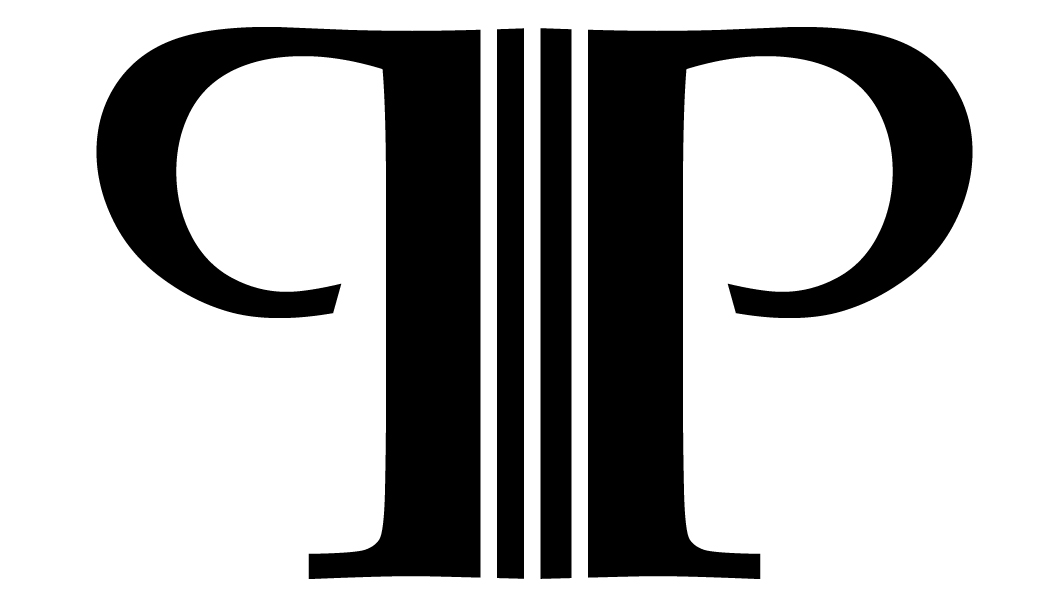Earlier this fall (2007) we received a telephone call from a cello professor at a university on the west coast. He requested that we send him, for trial, up to 4 cellos, older but in good condition, worth $30,000 - $60,000 each, preferably in the higher end of that range.
He had 4 students who were looking to purchase performing cellos and they would be doing it through him. He also asked that we include invoices that would give him a markup of $15,000 on each cello (although if we were uncomfortable with that he would simply mark them up himself). If he liked the cello(s), he would send us a check immediately and our name would never again be associated with the instruments.
The power of a teacher in the purchasing of an instrument by their student cannot be understated. Students aspiring to become performing cellists put full and implicit trust in their teachers to get them there: they will do what he instructs them to. So here was a man whose stated goal was to make $60,000 on cellos he simply directed his students to purchase. Toward the end of the conversation, we asked him if his students knew he was profiting on these cellos and he said of course not.
While this huge profit is probably not the norm, teachers profiting on sales of instruments to their students without the student’s knowledge is. Teachers often make agreements with shops to a fixed percentage of any instrument sold (usually around 10%): the teacher may look impartial in encouraging the student to try cellos from various competing shops, but the final decision invariably goes to an instrument that provides the teacher with some not-insignificant income. Obviously if the teacher makes the student aware of this agreement, the decision cannot seem quite as based on the real quality of the cello or what the student really prefers. Often when we give or ship an older cello to a cellist whose teacher is connected to a shop, the cello will be returned with the comment that since it is old and may have some repairs that it will be “nothing but trouble”. There was, of course, no money in it for the teacher.
Most students have great trust and respect for their teachers, and this is as it should be. But before you ask your teacher’s opinion about a cello you are thinking about purchasing, consider the following:
1. Your teacher is likely not a luthier. Some older instruments are poorly repaired and really may give you trouble, but someone who is not a professional luthier, no matter how long he or she has played the cello, is not qualified to make those assessments. Some new cellos are better made than others, but this often takes the eye of someone with different qualifications than a teacher.
2. Many teachers are not linked to stores or shops and can give more objective opinions, but more are than aren’t. It is a fair question for you to ask your teacher, although most students are not comfortable doing this.
3. Even with everything being objective, it is you who will own the cello. Your teacher may like the sound of a different cello than you do, but he or she is not the one playing it. Have confidence in your taste: it’s your sound that you want to hear not your teacher’s. If you think you might change your mind down the road, make sure you purchase your cello from a reputable shop with a lot of cellos that will take yours back in trade at any later date.
Teacher commissions (or kick-backs, to use a more blatant term) are very common. As a shop we briefly flirted with the idea a few years ago of giving teacher commissions but quickly backed away. It’s deceptive and not the way we feel things should work.
By the way, we told the gentleman from the west coast that we weren’t interested.
